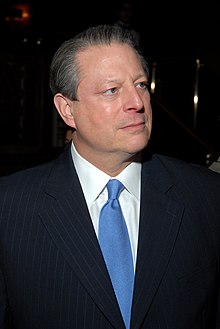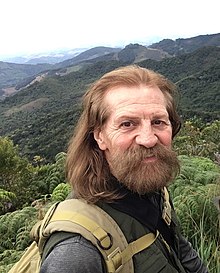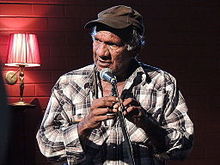An editor has nominated this article for deletion. You are welcome to participate in the deletion discussion , which will decide whether or not to retain it. |


An environmentalist is a person who protects the environment. An environmentalist can be considered a supporter of the goals of the environmental movement, "a political and ethical movement that seeks to improve and protect the quality of the natural environment through changes to environmentally harmful human activities". [1] An environmentalist is engaged in or believes in the philosophy of environmentalism or one of the related philosophies.
Contents
- Types
- Climate activists
- Conservationists
- Environmental defenders
- Greens
- Water protectors
- Notable environmentalists
- Extension
- See also
- References
- External links
The environmental movement has a number of subcommunities, with different approaches and focuses – each developing distinct movements and identities. Environmentalists are sometimes referred to by critics with informal or derogatory terms such as "greenie" and "tree-hugger", [2] with some members of the public associating the most radical environmentalists with these derogatory terms. [3]












